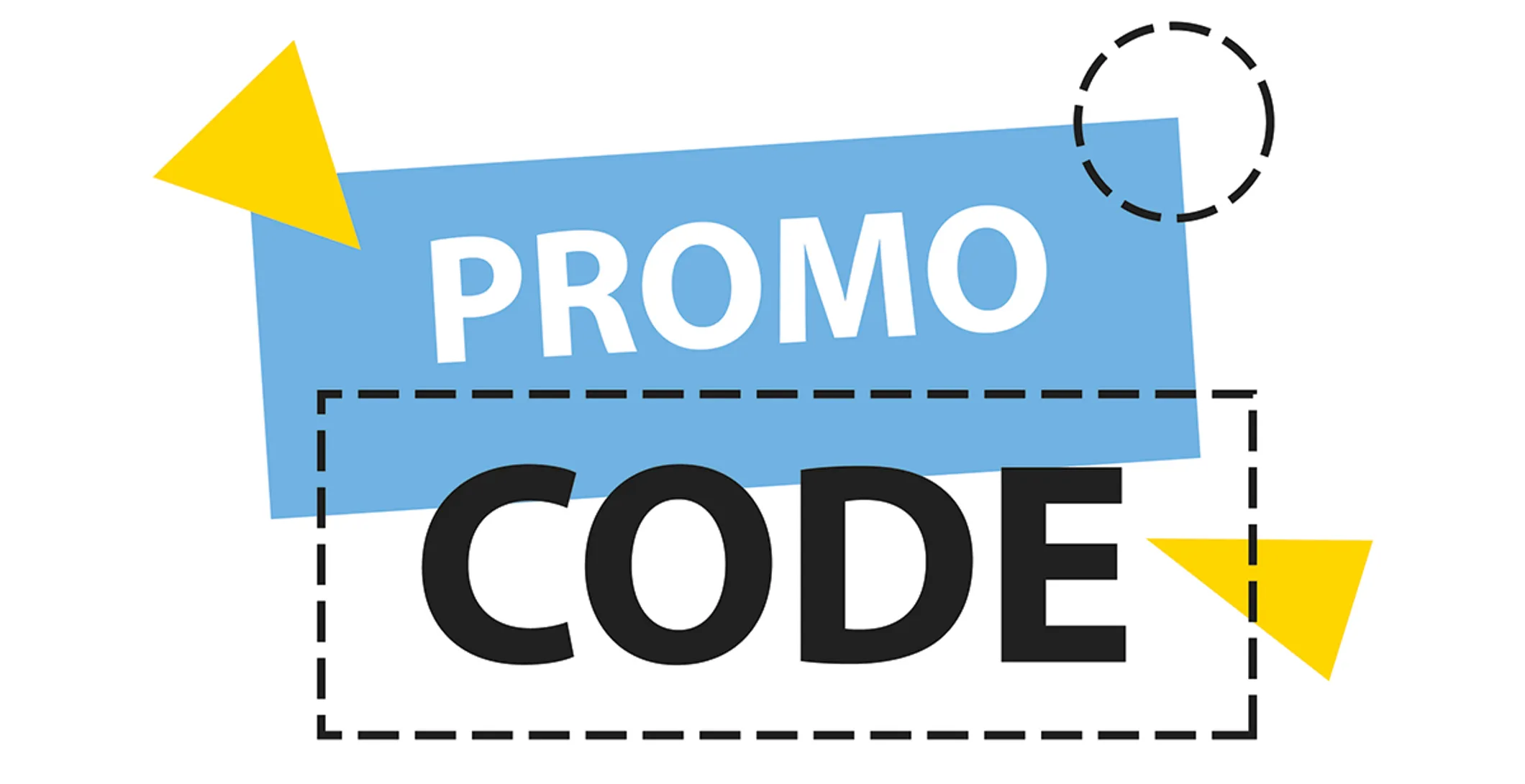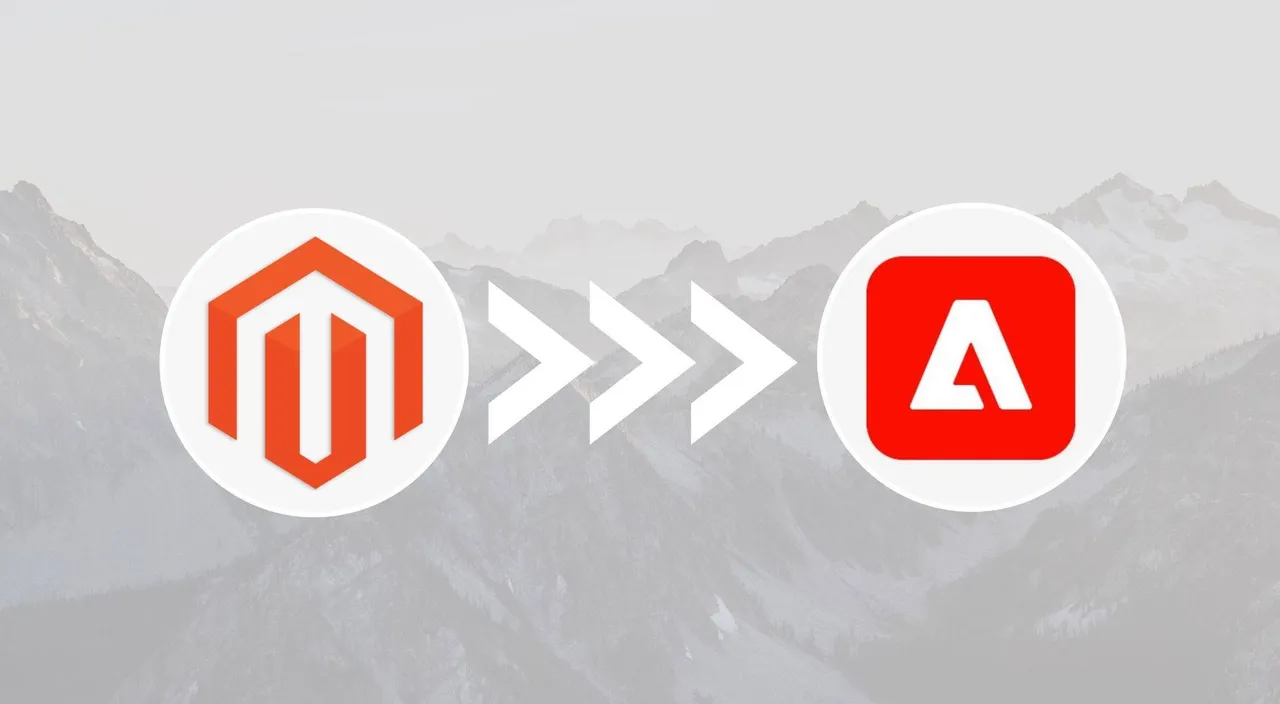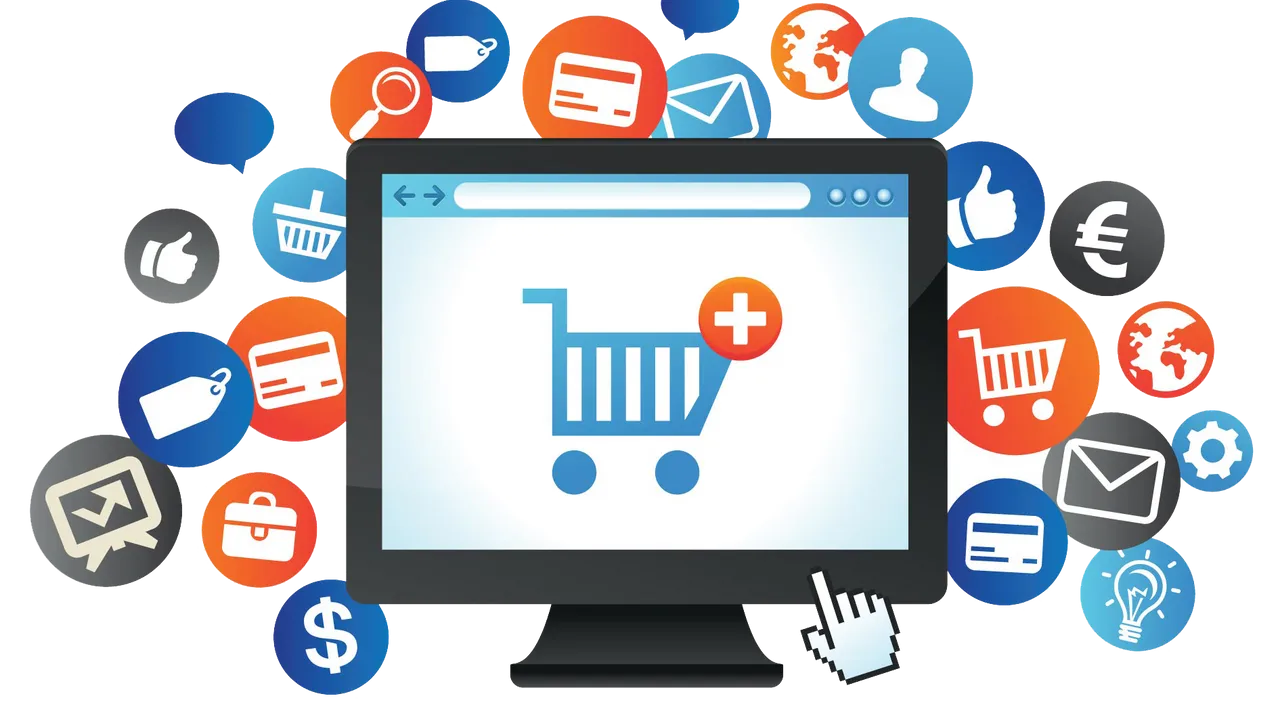People love a good deal, and when you are competing in the online shopping space offering the right coupon code to the right person can help them make the conversion them from browser to buyer. But not every coupon is made equal. It’s important to look at your business, your target market and your business plan, and make sure the coupons you use boost your profits.
effective-ways-to-use-promo-codes-for-ecommerce/
You don’t have to give it away free
Although free give-aways are a great way to grab attention online, you can don’t have to offer crazy deals to make coupon codes worth your while. Even small incentives can be enough to sway a would be shopper in your direction.
Create coupons that fit your business model

Your coupons are ultimately there to drive sales and generate a profit. If your coupons are not within your budget they will break you. So, make sure you work the them into your marketing budget well in advance to prevent any nasty profit margin dilemmas. That said, all online stores should budget for promotions as part of their marketing budget throughout the year. Start by looking at key shopping days – Black Friday, the festive season, back to school, these are all times when people are likely to spend, so make sure you’re ready for them.
Types of coupons and when to use them
There are many different ways to use coupon codes in your marketing. We are going to run through the most effective coupon codes and when to use them.
New visitor codes
Up to 98% of new visitors on a site do not convert into leads or sales. That means most of the new traffic you drive to your site doesn’t have an ROI. One way to sway this statistic and make more sales is to offer sign-up coupons. You can offer a percentage off the first order a new customer makes when they sign, or a set monetary amount.

The customer will have to submit their e-mail address to receive the code for the coupon.
You now have a customer who is not only more likely to make a purchase, but they are also now in your data-base, and will receive your e-mail marketing materials.
Notify your visitors of promotions within 15 seconds of arriving on your site – 55% of visitors leave a site within 15 seconds – so this timing can be crucial.
Social promoter discounts
You probably already have a good idea about the importance peer recommendations and Social Media marketing. A great way to incentivise sales is to offer a coupon code to visitors who share, follow and promote your Social Media pages.

You now have a customer who is more likely to make a purchase knowing that they have a discount. They are also now signed up for all your future social marketing and they are promoting your brand to their peers.
These offers will usually be percentage based discounts, or a flat rate monetary offer off their next purchase.
Social Media and New Customer promos are best for gaining new customers.
Flat rate discounts on purchases over a certain amount
People love free stuff. One great way to use coupon codes is to offer a limited flat rate discount on purchases over a certain amount. For example, you could offer a one-time only discount of $50 to subscribers who spend $300 or more.

What you are effectively doing here is ensuring that the visitor subscribes to your e-mail list. You are also encouraging a sale and the chances are high that if they are trying to reach the $300 mark, they may go over it and spend more.
Free shipping coupons
If it fits within your budget, try to offer free shipping to customers who spend over a certain amount of money. Most consumers expect free shipping on large orders, in fact, 73% of shoppers claim that free shipping is one of the biggest deciding factors in trying to choose a provider or company.
Once again, as soon as you have made the sale you will have the e-mail details for marketing purposes, and as a means to offer good customer support and request feedback.
Free gifts with purchase
Another great item to add to your coupon list is a free gift. If you have surplus stock and need to move a particular item this can be a very good way to do that. Advertise the gift with your specified purchase or purchase amount, and then include the code at the end of the checkout process. Make sure that the item you are giving away ties in with the buyer persona you are targeting, or find a clever way to make it work.
Capitalize on past consumer behavior
If your statistics show that consumers regularly buy certain items together, you can use this to your advantage. Offer them the secondary product at a discounted rate if purchased with the main product. This can encourage them to spend more and it makes them more likely to choose you over your competitors.
Unexpected checkout discounts

Statistics show that 56% of all consumers abandon their shopping carts at the checkout when they realise how much they have committed to spending. A great way to prevent this is to offer an unexpected discount coupon just as they are viewing their complete cart for the first time. You can also make it time sensitive. If they complete the order within the next 60 minutes (or the timeframe of your choice), they receive the discount voucher code offering them a percentage off their purchase.
Abandoned cart e-mail coupons
One way to retrieve lost potential customers is to send them an e-mail reminding them about their shopping cart. You can then offer a coupon code that gives them a discount on their purchase if they close the sale within 24 hours. This is a similar tactic to the surprise discount, but it allows you to target only those customers who have abandoned their carts. The problem is not every customer who has abandoned a cart has already logged in with submitted details.
Loyalty reward vouchers
Customers love to be rewarded for their loyalty. It keeps them using the same supplier again and again. A great way to reward your loyal customers is to send them a coupon code for a discount or special offer after they have made a purchase. It is always easier to market to existing customers than to convert new ones. You can couple the coupon e-mail with details of products they may like to spend the coupon on.

Loyalty offers are the best option for companies hoping to position themselves as a higher end brand (or who have slimmer profit margins). They allow you to reward customers without encouraging them to wait for sales.
Remarketing offers
A great way to get people back onto your site is to offer coupon codes to visitors who have already been on your site, through remarketing. This way the potential lead already knows what your site is all about, and they have already shown an interest. They may just need a little nudge to get them to make that purchase.
Weekly / Monthly / Seasonal sales
Regular sales have their pros and cons. On one hand you might be encouraging your buyers to wait for sales before they purchase. These are typically your value driven consumers and not your loyalty driven consumers. However, it can be a great way to gain new customers.

You will also often have customers who are drawn by the sale but who also make purchases of non-sale items.
These timed sales are a good way to drive your revenue before the end of your financial quarter, helping you hit your projections and goals.
Pre-launch promotions
Building a brand from scratch? Or maybe your brand has a new product? You can create a buzz for your new items before they are even launched by running Social Media promotions pre-launch. Offer a pre-launch coupon to give a once only discounted special offer. Typically, you would ask consumers to subscribe to your mailing list, like or follow your social pages and share their excitement about your new product with their peers. This is a great way to make sure that you hit the ground running.
Convert with coupon codes
Most businesses can find a coupon code offer that compliments their brand. The important thing is to start with a clear picture of what your brand is about, and what your marketing budget will allow. If you have a good grasp on your profit margins you should be able to choose the right coupon to drive your conversions. Take a look at what your competitors are doing, and be sure to put yourself in your consumer’s shoes. What do they want from their shopping experience with you? What will be valuable to them?




